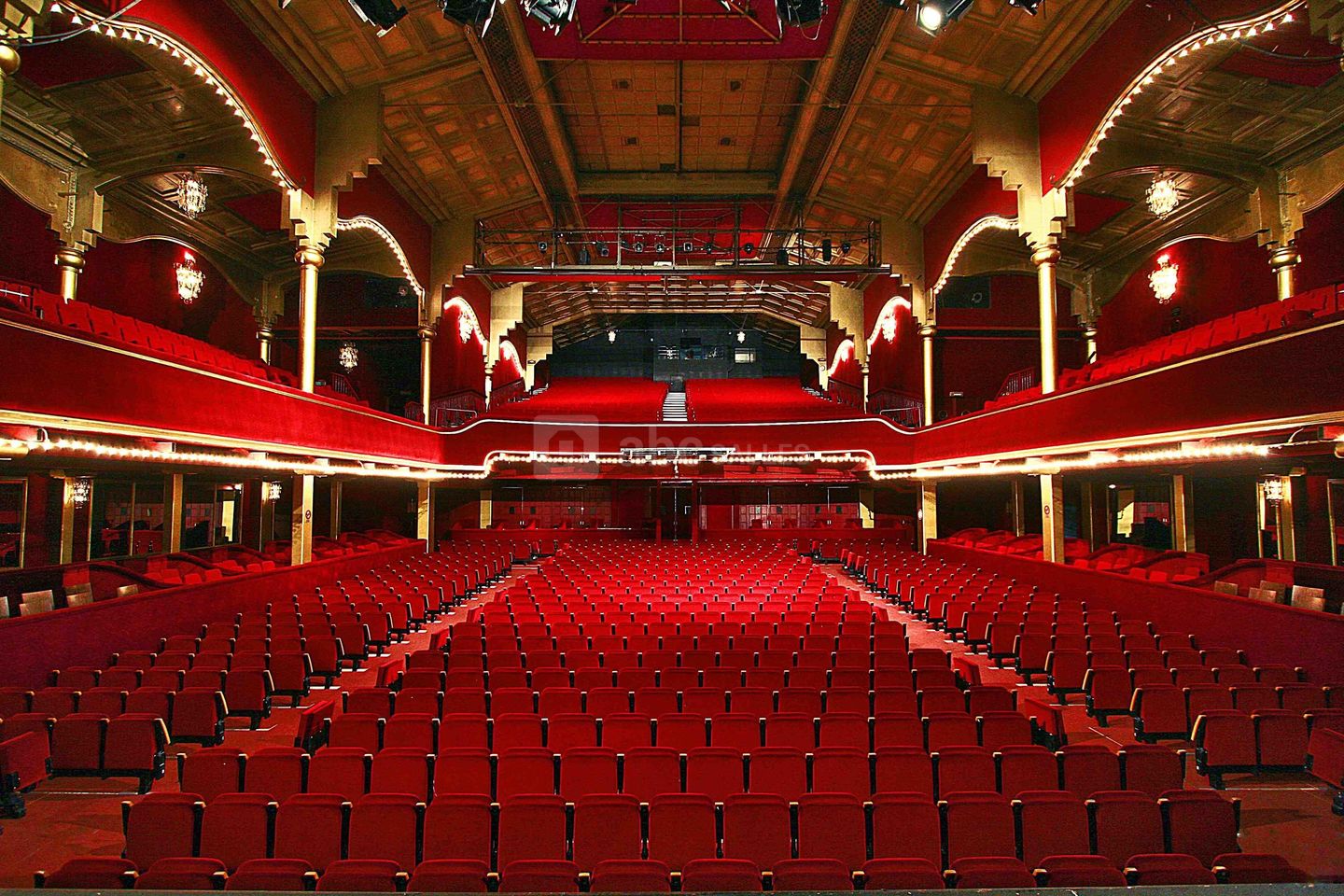
Casino games have long captured the imagination of humans around the world, becoming an important part of both leisure and tradition. From the shimmering lights of Nevada to the captivating experience of online gaming, these games evoke excitement, uncertainty, and sometimes even a sense of remembrance. They are more than simply entertainments; they have woven themselves into the fabric of society, influencing everything from film and music to fashion and literature.
The charm of casino games surpasses the wagering aspect, tapping into broader themes of serendipity, chance, and psychology. As players convene around a card table or spin the roulette wheel, they engage in an ancient ritual that connects with our communal desire for adventure and uncertainty. This fascination has led to the emergence of countless references in cinema, tracks, and gaming, showcasing how intensely entrenched these activities are in mainstream culture. siti non AAMS Whether it is the pressure of a traditional robbery film or the lively nightlife portrayed in recordings, casino games have established a substantial place that reflects our relationship with reward.
Historical Impact of Gambling Games
Casino activities have played a pivotal role in social aspects throughout history. Stemming from old civilizations, games of chance were often linked to rituals or events. For example, early iterations of gambling can be linked back to historic China and the Romans, where die games and betting on outcomes were common pastimes. These games not only functioned as leisure but also as methods of social interaction, facilitating relationships among individuals within societies.
As societies evolved, so did the complexity and organization of casino games. The establishment of formal casinos in the 17th century, particularly in Italy, marked a major shift in how games were perceived and organized. With specific spaces for gambling, the casino became a social hub where patrons from various backgrounds gathered. This change contributed to the validation of gambling, transforming it from a mere pastime into an established industry that shaped economy and regulations.
The effect of casino activities on popular culture cannot be overlooked. As they were brought into the limelight in books and movies, games such as Texas Hold’em and 21 became symbols of risk, chance, and strategy. Famous figures and stories have emerged around these games, illustrating societal views towards luck, wealth, and immorality. This interest with gambling activities has infiltrated various forms of media, cementing their place in the collective consciousness and linking them to broader cultural stories throughout the ages.
Depiction of Gambling Activities in Media
Casino games have long been a popular topic in various forms of media, reflecting both the excitement and nuances of gambling culture. Movies such as Ocean’s 11 and Casino Royal portray characters who navigate intense situations, showcasing not only the allure of the casino atmosphere but also the tactics and judgments that come with playing popular games like Texas Hold’em and 21. These films often dramatize the exhilaration of winning and the potential results of losing, encapsulating the dangers involved in gambling.
Television shows have also explored the realm of casino games, often integrating them into the plot as a setting for character arcs and drama. Shows like Las Vegas depict the experiences of gambling employees and customers, highlighting the dynamic, often tumultuous energy of the casino floor. Reality shows featuring high-stakes gambling competitions further emphasize the fascination of casino games, drawing viewers into the excitement and strategy involved in each session. Through these portrayals, media not only engages but also stimulates conversations about fortune, skill, and the nature of chance.
Video games have increasingly included gambling activities into their design, allowing players to recreate the experience of betting without financial exposure. Games within the realm of digital gaming often include virtual slots, online poker, and other casino favorites, creating an immersive gameplay that mirrors traditional gambling. These digital representations make casino games accessible to a global audience, appealing to both gamblers and those who enjoy the thrill of simulation. As a result, the portrayal of casino games in entertainment continues to shape public perception and cultural relevance, highlighting their role in society and the cultural landscape.
Impact of Casino Games on Society
Gambling activities have a significant impact on communities, influencing various facets of societal norms and social behavior. They often serve as a platform for social interaction, where people come together to enjoy a common activity. Game nights with friends or visits to casinos become social activities that foster connections and create memories. This collective aspect boosts the fun value of gambling activities, making them a popular choice for celebrations and leisure activities.
Additionally, gambling activities have been depicted in countless movies, TV series, and literature, shaping perceptions and attitudes towards gaming and betting. Icons like James Bond competing in baccarat or the intense poker scenes in films have cemented these games in the shared imagination. This representation often glamorizes the lifestyle associated with gambling, drawing in new players and impacting trends in both style and behavior. These portrayals can ignite curiosity and lead to a deeper exploration of the nuances of gambling.
However, there are also negative implications associated with the popularity of casino games. The allure of quick monetary gain can lead to problem gambling and financial troubles for some people. The community must contend with these issues, advocating for responsible gambling and education of the risks involved. Finding a balance between the fun aspect of casino games with the risks is crucial to ensure that they continue to be a beneficial aspect of our societal fabric.
